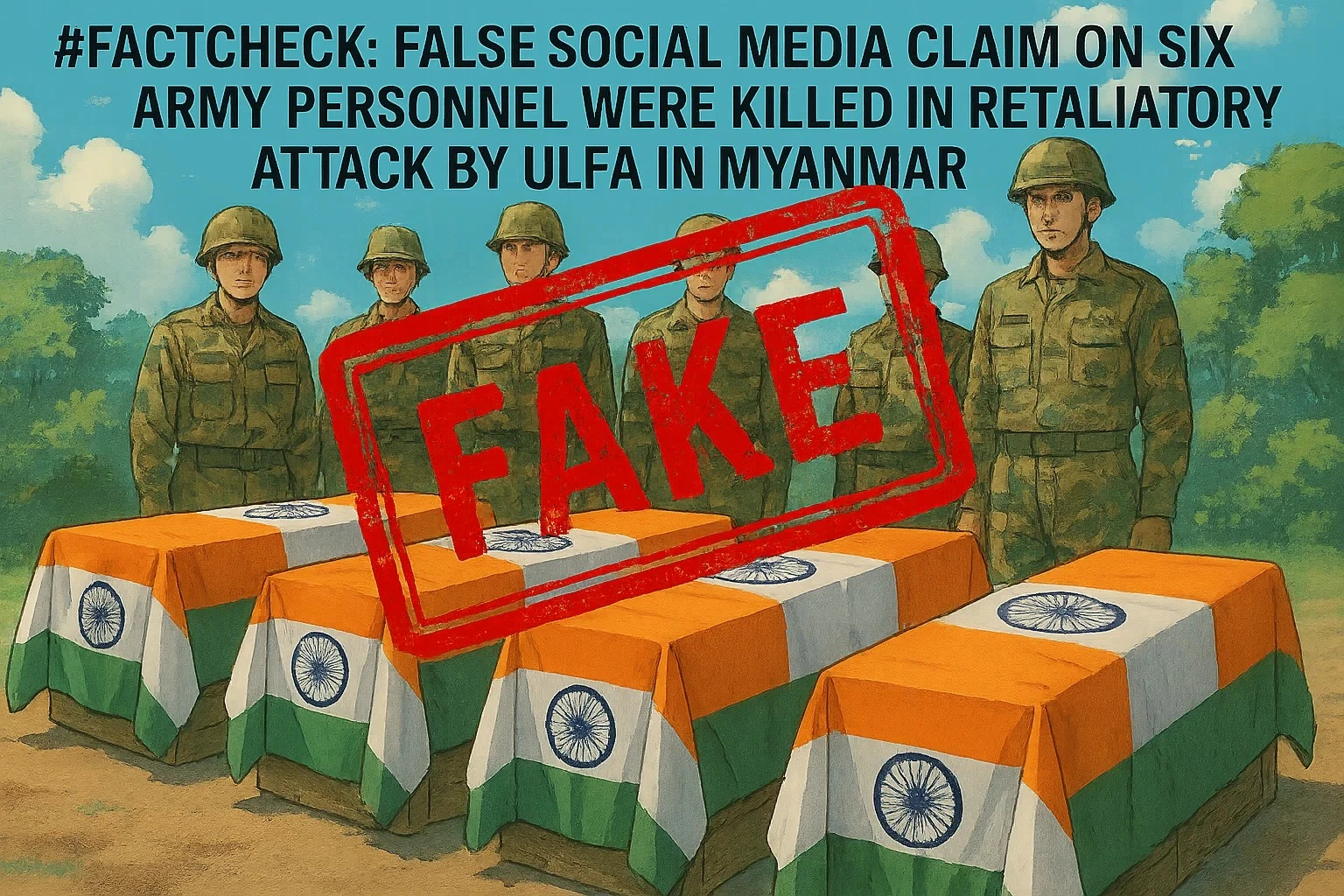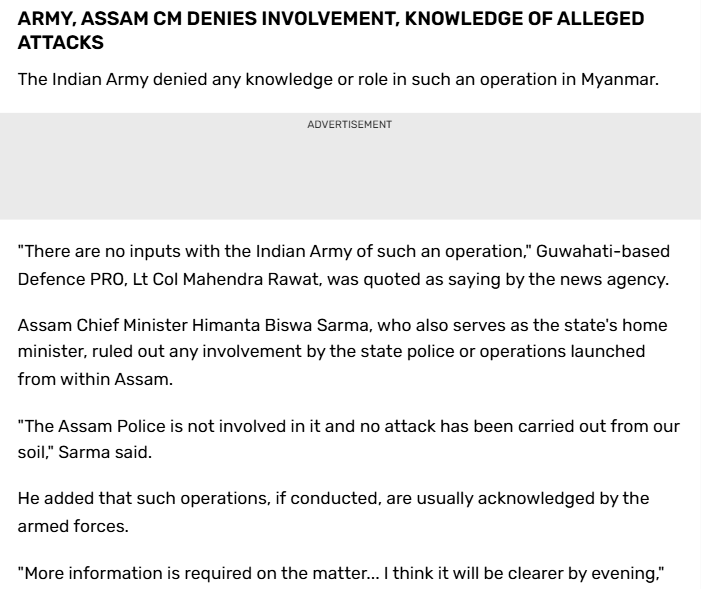Introduction
With the advent of the internet, the world revealed the promise of boundless connection and the ability to bridge vast distances with a single click. However, as we wade through the complex layers of the digital age, we find ourselves facing a paradoxical realm where anonymity offers both liberation and a potential for unforeseen dangers. Omegle, a chat and video messaging platform, epitomizes this modern conundrum. Launched over a decade ago in 2009, it has burgeoned into a popular avenue for digital interaction, especially amidst the heightened need for human connection spurred by the COVID-19 pandemic's social distancing requirements. Yet, this seemingly benign tool of camaraderie, tragically, doubles as a contemporary incarnation of Pandora's box, unleashing untold risks upon the online privacy and security landscape. Omegle shuts down its operations permanently after 14 years of its service.
The Rise of Omegle
The foundations of this nebulous virtual dominion can be traced back to the very architecture of Omegle. Introduced to the world as a simple, anonymous chat service, Omegle has since evolved, encapsulating the essence of unpredictable human interaction. Users enter this digital arena, often with the innocent desire to alleviate the pangs of isolation or simply to satiate curiosity; yet they remain blissfully unaware of the potential cybersecurity maelstrom that awaits them.
As we commence a thorough inquiry into the psyche of Omegle's vast user base, we observe a digital diaspora with staggering figures. The platform, in May 2022, counted 51.7 million unique visitors, a testament to its sprawling reach across the globe. Delve a bit deeper, and you will uncover that approximately 29.89% of these digital nomads originate from the United States. Others, in varying percentages, flock from India, the Philippines, the United Kingdom, and Germany, revealing a vast, intricate mosaic of international engagement.
Such statistics beguile the uninformed observer with the lie of demographic diversity. Yet we must proceed with caution, for while the platform boasts an impressive 63.91% male patronage, we cannot overlook the notable surge in female participation, which has climbed to 36.09% during the pandemic era. More alarming still is the revelation, borne out of a BBC investigation in February 2021, that children as young as seven have trespassed into Omegle's adult sections—a section purportedly guarded by a minimum age limit of thirteen. How we must ask, has underage presence burgeoned on this platform? A sobering pointer finger towards the platform's inadvertent marketing on TikTok, where youthful influencers, with abandon, promote their Omegle exploits under the #omegle hashtag.
The Omegle Allure
Omegle's allure is further compounded by its array of chat opportunities. It flaunts an adult section awash with explicit content, a moderated chat section that, despite the platform's own admissions, remains imperfectly patrolled, and an unmoderated section, its entry pasted with forewarnings of an 18+ audience. Beyond these lies the college chat option, a seemingly exclusive territory that only admits individuals armed with a verified '.edu' email address.
The effervescent charm of Omegle's interface, however, belies its underlying treacheries. Herein lies a digital wilderness where online predators and nefarious entities prowl, emboldened by the absence of requisite registration protocols. No email address, no unique identifier—pestilence to any notion of accountability or safeguarding. Within this unchecked reality, the young and unwary stand vulnerable, a hapless game for exploitation.
Threat to Users
Venture even further into Omegle's data fiefdom, and the spectre of compromise looms larger. Users, particularly the youth, risk exposure to unsuitable content, and their naivety might lead to the inadvertent divulgence of personal information. Skulking behind the facade of connection, opportunities abound for coercion, blackmail, and stalking—perils rendered more potent as every video exchange and text can be captured, and recorded by an unseen adversary. The platform acts as a quasi-familiar confidante, all the while harvesting chat logs, cookies, IP addresses, and even sensory data, which, instead of being ephemeral, endure within Omegle's databases, readily handed to law enforcement and partnered entities under the guise of due diligence.
How to Combat the threat
In mitigating these online gorgons, a multi-faceted approach is necessary. To thwart incursion into your digital footprint, adults, seeking the thrills of Omegle's roulette, would do well to cloak their activities with a Virtual Private Network (VPN), diligently pore over the privacy policy, deploy robust cybersecurity tools, and maintain an iron-clad reticence on personal disclosures. For children, the recommendation gravitates towards outright avoidance. There, a constellation of parental control mechanisms await the vigilant guardian, ready to shield their progeny from the internet's darker alcoves.
Conclusion
In the final analysis, Omegle emerges as a microcosm of the greater web—a vast, paradoxical construct proffering solace and sociability, yet riddled with malevolent traps for the uninformed. As digital denizens, our traverse through this interconnected cosmos necessitates a relentless guarding of our private spheres and the sober acknowledgement that amidst the keystrokes and clicks, we must tread with caution lest we unseal the perils of this digital Pandora's box.
References:
https://www.business-standard.com/technology/tech-news/omegle-shuts-down-operations-permanently-after-14-years-of-its-service-123110900743_1.html








.webp)







.webp)
